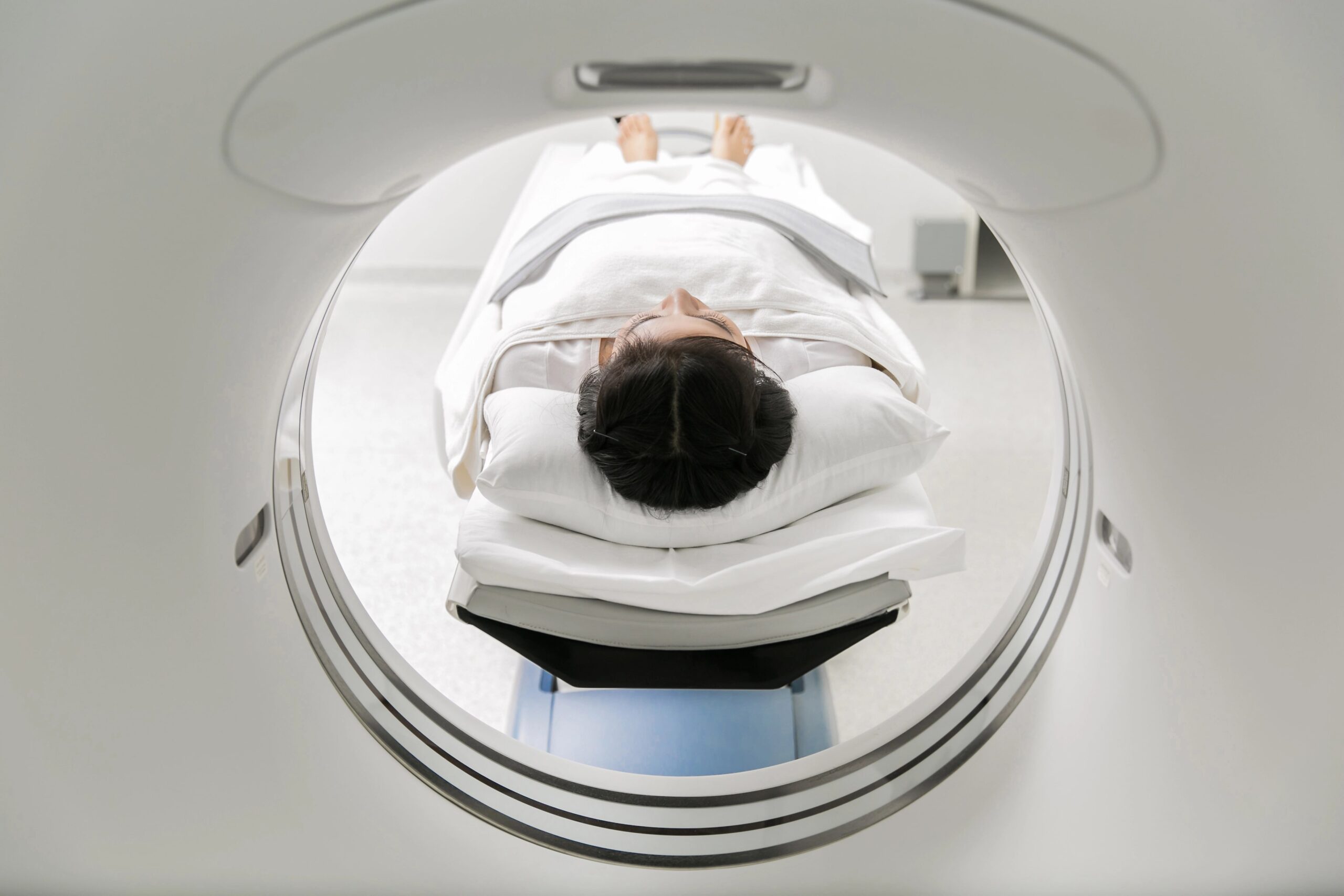Humans have practiced oncology — the study and treatment of cancer — since long before the invention of the scalpel. The history of oncology drug development is a testament to the relentless pursuit of treatments for one of humanity’s most challenging diseases. Let’s explore oncology drug development through the ages, from an ancient Persian queen to groundbreaking modern advancements in immunotherapy.

Exploring the History of Oncology Drug Development
Challenges with translation, record-keeping, and ancient medical misunderstandings can complicate matters for historians hoping to explore the history of medicine. However, when it comes to oncology, one thing is certain: Humanity has waged war against cancer for centuries.
Consider the case of Atossa, a Persian queen who lived around 520 BC and is often cited in early histories of cancer treatment. Historians believe that Atossa exhibited signs of a breast tumor, for which she was treated by the famed Greek healer Democedes. Long before Atossa, an ancient Egyptian man lived with signs of metastatic prostate cancer — at least, according to mummified remains evaluated via CT scans, which point to what is often considered the earliest documented case of its kind. Fortunately, advancements in cancer treatment mean that today’s oncology patients often have a far brighter outlook.
Fast Forward to Modern Oncology
While physicians may have studied cancer for centuries — even millennia — today’s widely accepted cancer treatments came about relatively recently:
- Studying cancer cells: Physician Rudolf Virchow is known for his observations of cancer cells in the 1840s. He described them as autonomous cells derived from previous cells and also suggested that cancer cells resembled cells in the tissue from which they arose. This understanding became widely accepted by the start of the 20th century, paving the way for future cancer treatment protocols.
- Radiotherapy to treat cancer: In 1895, German physicist Wilhelm Conrad Röntgen became the first scientist to correctly identify the waves of radiation that we now know as X-rays. Within a year of his findings, X-rays were used to treat cancer. Fortunately, today’s medical professionals know how to protect patients from the effects of radiation, targeting cancer cells while minimizing radiation’s harmful effects on the rest of the body.
- Chemotherapy: Doctors discovered the anticancer properties of nitrogen mustard during World War II, not long after the advent of radiation drugs. From there, researchers were able to develop numerous cytotoxic drugs to target rapidly dividing cancer cells, paving the way for today’s chemotherapy treatments.
The Future of Oncology Drug Development
Innovation shines through the history of oncology drug development, and today’s modern advancements are no exception. Consider, for example, recent progress in the realm of immunotherapy, which trains the immune system to recognize cancer cells as foreign, thus attacking and killing the cells. Immunotherapy is nothing new; its roots trace back to William Coley, a late nineteenth-century surgeon who observed cancer regression in a patient following a high fever induced by an infection. But today’s physicians have a host of immunotherapy options, including checkpoint inhibitors and CAR-T cell therapy, both of which build on Coley’s early findings. Ultimately, oncology drug development has nowhere to go but up.
_____
As we can see by reviewing the history of oncology drug development, innovation in cancer research has improved by leaps and bounds over the years. As with any medical advancement, that improvement is the result of frequent, thorough study, often in a clinical trial setting. The collective knowledge gained from cancer clinical trials fuels progress toward conquering this complex disease, driving innovation and improving survival rates for patients worldwide.
QPS is a GLP/GCP-compliant CRO delivering the highest grade of discovery, preclinical, and clinical drug development services. Since 1995, it has rapidly expanded from a bioanalysis shop to a full-service CRO with 1,100+ employees in the US, Europe, India, and Asia. Today, QPS offers expanded pharmaceutical contract R&D services with special expertise in neuropharmacology, DMPK, toxicology, bioanalysis, translational medicine, and all phases of clinical development. QPS has CLIA-certified and GLP-compliant laboratories ready to fast-track gene therapy, RT-qPCR/QPCR, serological assays, and vaccine development programs. An award-winning leader focused on bioanalysis and clinical trials, QPS is known for proven quality standards, technical expertise, a flexible approach to research, client satisfaction, and turnkey laboratories and facilities. For more information, visit www.qps.com or email info@qps.com.







